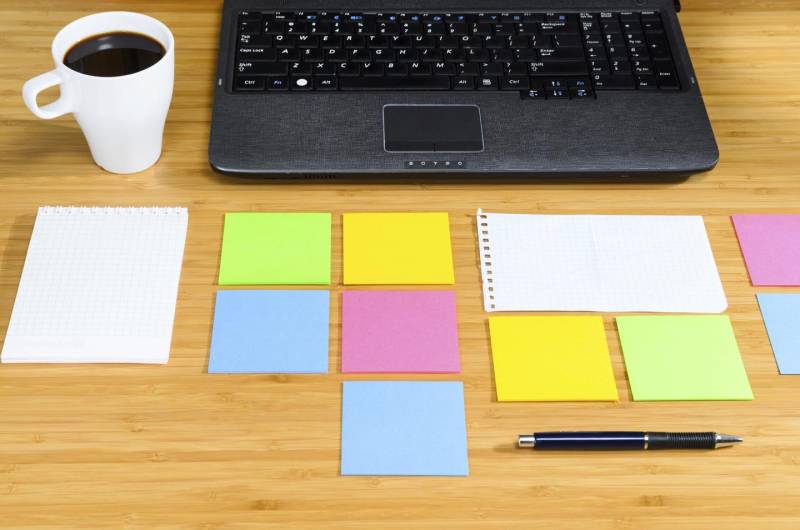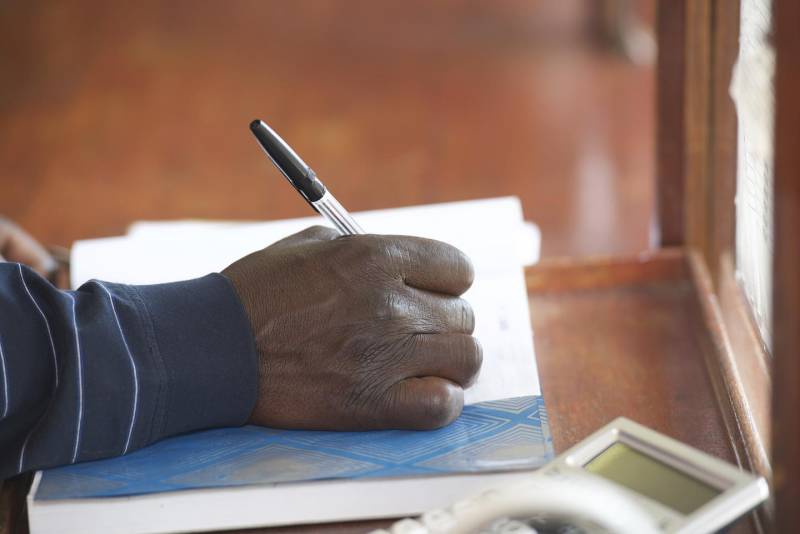
“The function of education is to teach one to think intensively and to think critically. Intelligence plus character – that is the goal of true education” – Martin Luther King Jr.
Critical Thinking starts with gathering information. Most people skip this step and go right to the decision making process which sends them down the wrong path right from the start. You already have some information based on your own knowledge and experiences.Your past experiences can help you to make decisions about current situations. However, in order to get the best outcome, it’s important that you have all of the information related to the current situation. Gathering information is the most important part of the critical thinking process. Getting all of the information you need to make a decision will always lead to the best outcome.
Researching, or gathering information, can be stressful unless you have a process in place. There are so many resources available it can be hard to know where to start. Here are five steps to follow to simplify the process of gathering information:
1. Ask the right questions
2. Find information sources
3. Find the information you need from your sources
4. Apply your own knowledge and experiences
5. Consider many sources
Let’s take a closer look at what it means to gather information!

Ask the right questions. The amount of information available to you is endless. There is no shortage of information. The problem is finding the right information, or information that relates to your situation and will help you reach a conclusion. Look for answers to the simple questions first: Who, what, when, where and why?
Once you have answers to these questions you can start asking questions to learn more details. Having your questions outlined before you start searching for information will keep you from getting weighed down by information that does not help you solve the problem.
Find information sources. Once you have outlined the questions that will lead you to the information you need, the next step is to find the sources of information that will provide the answers. A good place to start is the library. Use the library’s catalog system to search for titles that relate to your topic.
You can also find groups or organizations that specialize in the topic you’re researching. In the workplace, there might be a department within your company that can serve as a helpful source of information.

The Internet is another source of information. When using the Internet to find information, it’s important to make sure that the sources you find are reliable and the information they share is true.
Find the information you need from your sources. Reference books and guides are great sources of information; however, they usually have more information than you need in order to answer your questions. It’s okay, and in most cases it’s best, if you don’t read the book from cover to cover, but instead look for the information that answers the questions you outlined earlier. Here are three tips for finding specific information without reading the entire book:
1. Look through the table of contents for your topic
2. Check the index for your topic
3. Search headings or chapter titles
Look through the table of contents for your topic. The table of contents is usually found on one of the first pages of the book. The table of contents is a list of the names of chapters or sections in the book, along with the page number where the chapter begins so you can easily turn to that page and find the topic.
Check the index for your topic. Some reference books also have an index, which is found in the back of the book. An index is more detailed than the table of contents and lists many topics, along with every page number that has information about the topic.
Search headings or chapter titles. If your book doesn’t have a table of contents or an index, you can skim through the book and look for headings or chapter titles that relate to your topic.
When searching for the information you need on the Internet, try searching by keywords, or the words that relate to your topic. You will then be presented with a list of links to websites that have information about the topic you searched. Click on the links that look the most useful and search for information that answers your questions within each website.

Apply your own knowledge and experience. In addition to the information you research, you can make use of the information you already know when gathering information. As you go through life, you learn about different topics. Use this knowledge that you already have in order to solve a problem, make a decision or come to a conclusion.
For example, let’s say you work at a sporting goods store and you need to gather information about a specific piece of sporting equipment. You could think about any experience you’ve had with that sport or a time that you may have learned about it. Maybe you played the sport in physical education class or perhaps you watched a game on TV. These are all experiences that you can draw from to add to the information you need to answer your questions.
Consider many sources. When gathering information, it’s important that you look at many different sources. Although you might think that one resource or book has all the answers to your questions, there might be a different source out there that has new or different information on your topic. For now, focus on gathering as much information from as many different reliable sources as you can. You can sort out which information is the best later in the critical thinking process.
